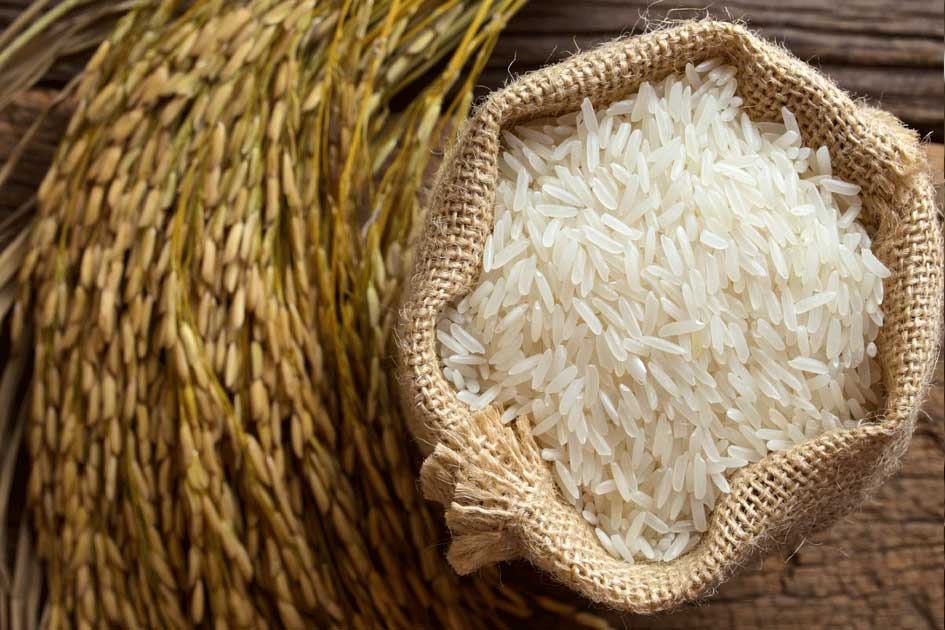India’s basmati rice exporters are expected to see an improvement in their operating performance and credit profile, while non-basmati rice exporters will face headwinds after the government’s recent notification to ban the export of non-basmati white rice, according to India Ratings and Research (Ind-Ra).
Moreover, the prices of basmati rice is expected to remain higher in the near-to-medium term as basmati rice importing countries are requesting early shipments due to fear of a similar ban, according to Ind-Ra rating agency. Meanwhile, many farmers have started to shift to producing basmati rice to take the benefit of huge price differential available in the export markets.
The rating agency said that since FY21, the top four basmati rice exporters have seen a continued upswing in demand and realisations. Ind-Ra stated that the recent ban on non-basmati rice may result in importing countries switching to the basmati rice category, although in smaller quantities due to huge price differential as well as lower production and supply. This may result in higher volumes, revenues and better profitability in the medium term for basmati rice exporters.
Rice Production In India
India’s rice production grew at a CAGR of 2.6% and consumption at 1.3% in the past decade. India, being one of the top producers and exporters of rice in the world, accounts for 37% of the total rice exported globally, while non-basmati rice constitutes 80% of the total volume of rice exported from India.
Moreover, basmati & non-basmati rice segments have seen an upward price realization since FY22 as other major global suppliers such as Thailand and China have curtailed the exports in aftermath of the COVID-19 pandemic and to ensure food security of the domestic population. Realization of basmati rice jumped to 84/kg FY23 from 64/kg FY21 and touched 91/kg in during April-May 2023.
Although, India has witnessed an increase in surplus since 2016-17, the decision to ban non-basmati rice exports is likely driven by the impact of adverse climatic changes on food grain production over the years and the recent price rise seen in the domestic markets. The export ban is also likely to have major impact in terms of inflation and consumption choices in the rice importing nations globally as other rice exporting countries might not be able to meet the supply vacuum.
Operating Performance
Ind-Ra said that the higher demand and rise in realisation seen in the category have helped the rice exporting companies to report strong operating performance during FY23. Export revenues have steadily improved and sales of the four major basmati exporting companies has seen a median growth rate of 28% YoY. The profitability thus has remained strong for these companies, translating to robust coverage and leverage profiles. The export ban of non-basmati rice may further help these companies to register better liquidity on account of a shortening cash conversion cycle.







